It has always struck me as odd that theatre director training spaces rarely focus on facilitation skills. Script analysis, building a vision, communicating with designers, sure; but the lens of “facilitation” is so often underused. I have noticed that in many well-funded, professional “community arts” spaces, there is an equal neglect of facilitation skills as a central part of the toolkit needed for success. Talk of how to build cross sectoral partnerships, how to realize work of ambitious scale, or how to navigate participant absences becomes favored over thinking about the actual mechanics of community arts facilitation: How do we lead creative rooms that can address challenging conversations in ways that are honest, generative, deep, but not (re-) traumatizing? How do we lead these spaces in ways that honor difference? How do we adapt our artistic visions to make room for the new ideas that inevitably result from complex collaboration?
I see that the status quo of institutional training is, happily, slowly starting to change, as are facilitation-like measures that the industry is incorporating into the rehearsal room. Slowly but surely, anti-oppression, safety, and collaboration are being understood by the mainstream as central to success. The other day I had my first experience as a director collaborating with an intimacy director. It was invigorating to see how everyone in the room benefited from this person’s expertise and how the artistic merit of the show would be stronger as a result. It affirmed my belief that safety, anti-oppression, and accessibility all work to serve artistic rigor. This belief is often implicitly and explicitly contested by the institutional status quo of the performing arts sector, where capitalistic imperatives to sell the most tickets for the least amount of investment push back against measures to create a healthier work culture for artists.
Much of the work that I am drawn to as a theatre artist deeply benefits from having strong facilitation skills at the helm (i.e., work with politically engaged content, community-engaged processes, devised and co-created methods). After completing an MFA early in my career, I reflected that while I had accessed good, practical experiences and nurtured some skills, I didn’t necessarily feel any better equipped to actually facilitate groups of artistic collaborators. I started to take note whenever I was in a space (artistic or otherwise) that was clearly being led with intentional facilitation practices that supported safe and generative participation. I found examples in specific activist and community spaces, ultimately leading to a multi-year journey of training in direct education, primarily with the organization Training for Change. While these trainings are primarily for direct action organizers leading social movements, I connected with peers and mentors who were also artists and who understood how this training could serve artistic work. They shared a belief that their best creative work and social change work are bound up in each other.
Linear, colonial thinking believes that a Good Plan and a Good Leader should know in detail what the end looks like before they begin. Linear leadership does not allow us to see, respond to, and incorporate the shifts that happen when we welcome collaboration. It can also enable or exacerbate harm.
In addition to the facilitation skills I started to practice, these training experiences encouraged me to think more deeply about the relationship between grassroots training initiatives and liberatory social change. In 2017, having spent several years working in the Canadian “community arts” sector—which was continuing to institutionalize with dedicated “community arts" grants from arts councils and “community arts” degree-granting university programs —I became familiar with the pattern of power structures that shaped the best-resourced work. The paid artists, producers, and arts managers were usually white and middle-class artists, while the participants were often Indigenous and racialized communities. The same initiatives that were being funded because they claimed to enact progressive social change were upholding the colonial status quo of power, hierarchy, and resource control.
To attempt a small, specific intervention into this, I got a bit of money from a grant fund focused on arts sector development. With support from a few local organizations and collaboration from some wonderful artist-facilitator colleagues, I hosted Parallel Tracks, a small and scrappy but big-hearted, food-filled, and no-cost gathering of Black, Indigenous, and people of color (BIPOC) artists from across Canada to come to Toronto and access training in visioning, producing, and facilitating community arts projects.
A few years later, through my company Undercurrent Creations, I started working on the idea for Parallel Tracks 2.0, this time focused specifically on facilitation. A foundational concept of strong, safer facilitation that I have learned over the years is emergence—the ability to respond to the ever-changing variables in a process (e.g., people entering and leaving the room, the way local and global events shape our experiences, conflict, growth, new skills). This is akin to the frameworks that adrienne marie brown talks about in Emergent Strategy, their powerful playbook on nonlinearity and social change. Linear, colonial thinking believes that a Good Plan and a Good Leader should know in detail what the end looks like before they begin. Linear leadership does not allow us to see, respond to, and incorporate the shifts that happen when we welcome collaboration. It can also enable or exacerbate harm. Emergent design and emergent facilitation can enable transformative work to happen in healthy and accessible ways, whether that work be social movements, artistic projects, or both.
I started working on the idea for Parallel Tracks 2.0 in 2019. At the same time, I was attempting to take a real pause from work for the first time in my adult life and take an extended travel journey with my partner. I worked my schedule to be clear of projects for the first four months of 2020. The main project that lingered on the back burner was Parallel Tracks 2.0. And so, in March 2020, when everyone was sent home to lockdown, I was not in a rehearsal process that was cut short, nor did I have a show that was shut down. I halted my trip, flew back to Toronto, and as the dust settled and the sourdough rose, I realized that the primary object of my professional lockdown experience was, ironically, producing a sector development project about artists’ ability to pivot.
Very slowly, working with the smart artists, producers, and facilitators in my community about the ways in which an initiative like this could be useful now, the emergent version of Parallel Tracks 2.0 was born: a training, knowledge-sharing, and activist initiative exploring the intersections between performing arts, digital spaces, and anti-oppressive practices.
The goals of this workshop series were to:
- Increase artists’ capacity to facilitate online and in-person.
- Lead group-based arts work in ways that are emergent, supportive of diversity and healthy conflicts, and conducive to safe risk-taking.
- Support artists who are leading innovative, change-making, community-engaged artistic work to continue to do so online.
- Support arts workers who are organizing around labor rights, racial justice, and other important areas, to continue to do so online.
- Explore how the performing arts sector has been adapting to predominantly online work with regard to contracting processes and related power dynamics and labor/intellectual property rights.
Undercurrent Creations wanted to capture some of the highlights of the programs and reflections of Parallel Tracks 2.0, and commissioned this series of articles, which are presented here in proud partnership with HowlRound.

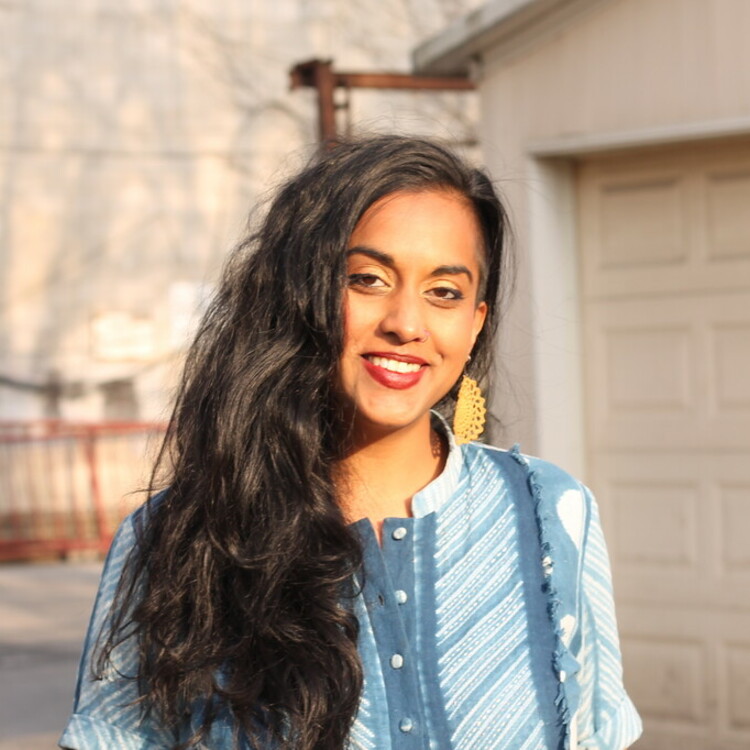
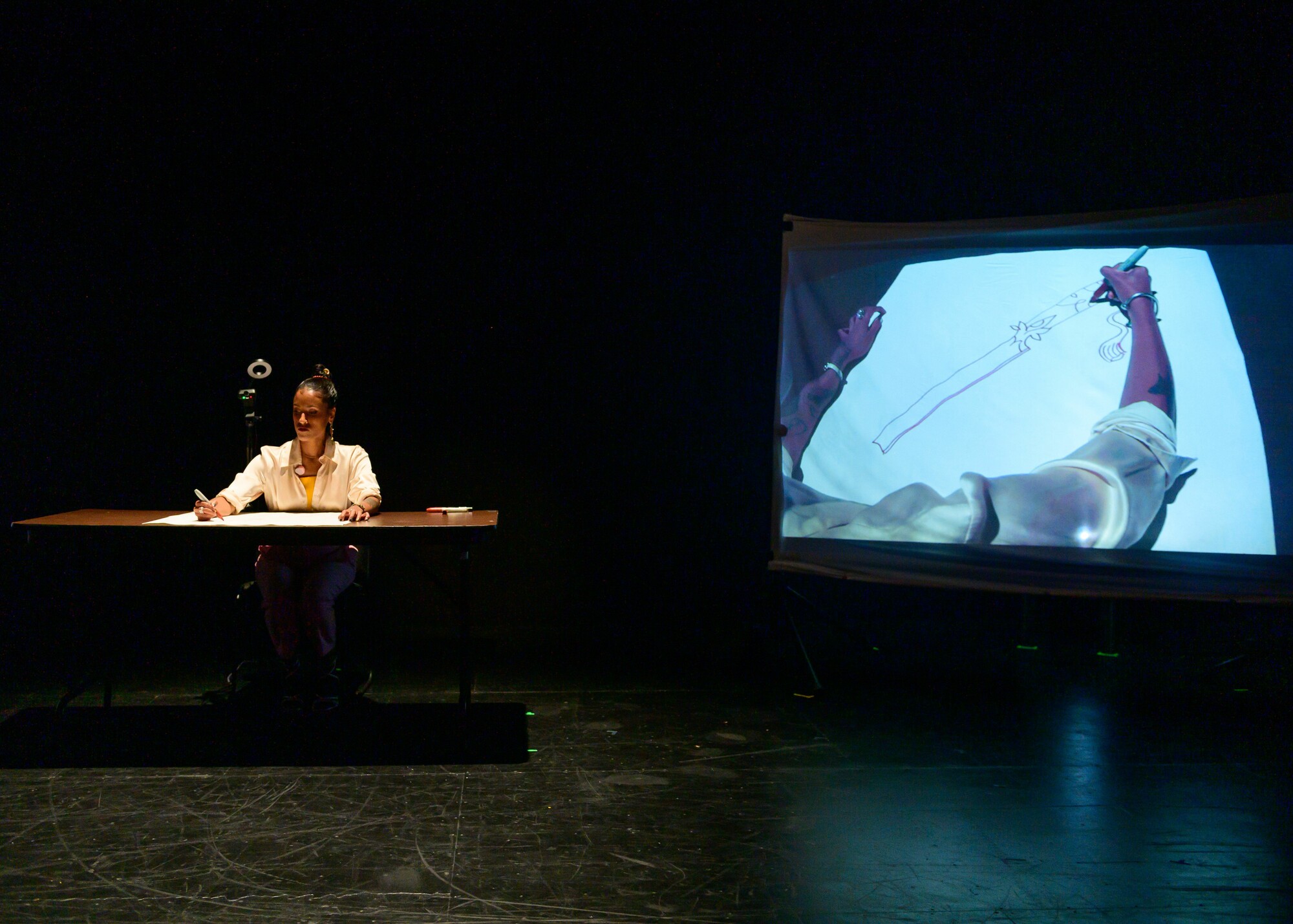

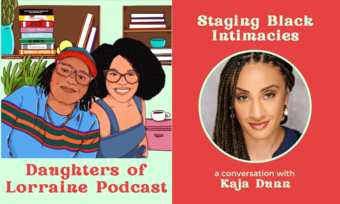



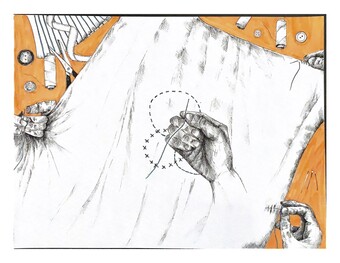






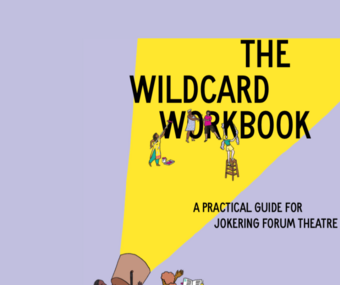



Comments
The article is just the start of the conversation—we want to know what you think about this subject, too! HowlRound is a space for knowledge-sharing, and we welcome spirited, thoughtful, and on-topic dialogue. Find our full comments policy here